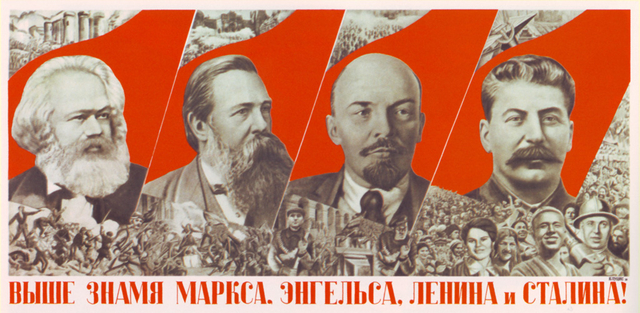Stalinism
 The Soviet Union achieved much in terms of economic development and social gains, considering the backward economy it inherited from the past, but ultimately it failed and collapsed. Did it fail because socialism cannot work?
The Soviet Union achieved much in terms of economic development and social gains, considering the backward economy it inherited from the past, but ultimately it failed and collapsed. Did it fail because socialism cannot work?
Marx explained that socialism builds on the most advanced developments of capitalism. But the Russian Revolution broke out in a country where the economy was still relatively backward. It could only have succeeded in the long run if it had become part of a worldwide change of society.
As the wave of revolution that swept the world after 1917 was held back and betrayed by the social democratic leaders – and later because of the mistakes of the Communist leaders – the Soviet Union was left isolated and with limited industrial development. In these conditions, the system degenerated with power being usurped by a privileged bureaucracy, which in turn built what at best could be described as a caricature of genuine socialism, in reality a monstrous totalitarian regime.
Here we provide a number of articles that deal with what the Russian Revolution really was, its subsequent degeneration, the role of Trotsky and the Left Opposition in combating the rising Stalinist bureaucracy; and we also answer the numerous distortions and slanders of bourgeois historians who attempt to depict Stalinism as the inevitable outcome of Lenin’s ideas.
